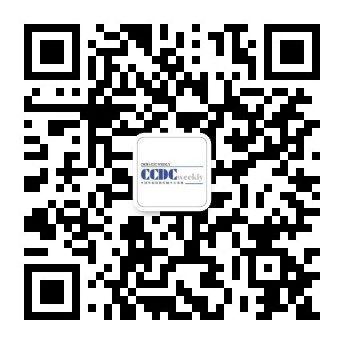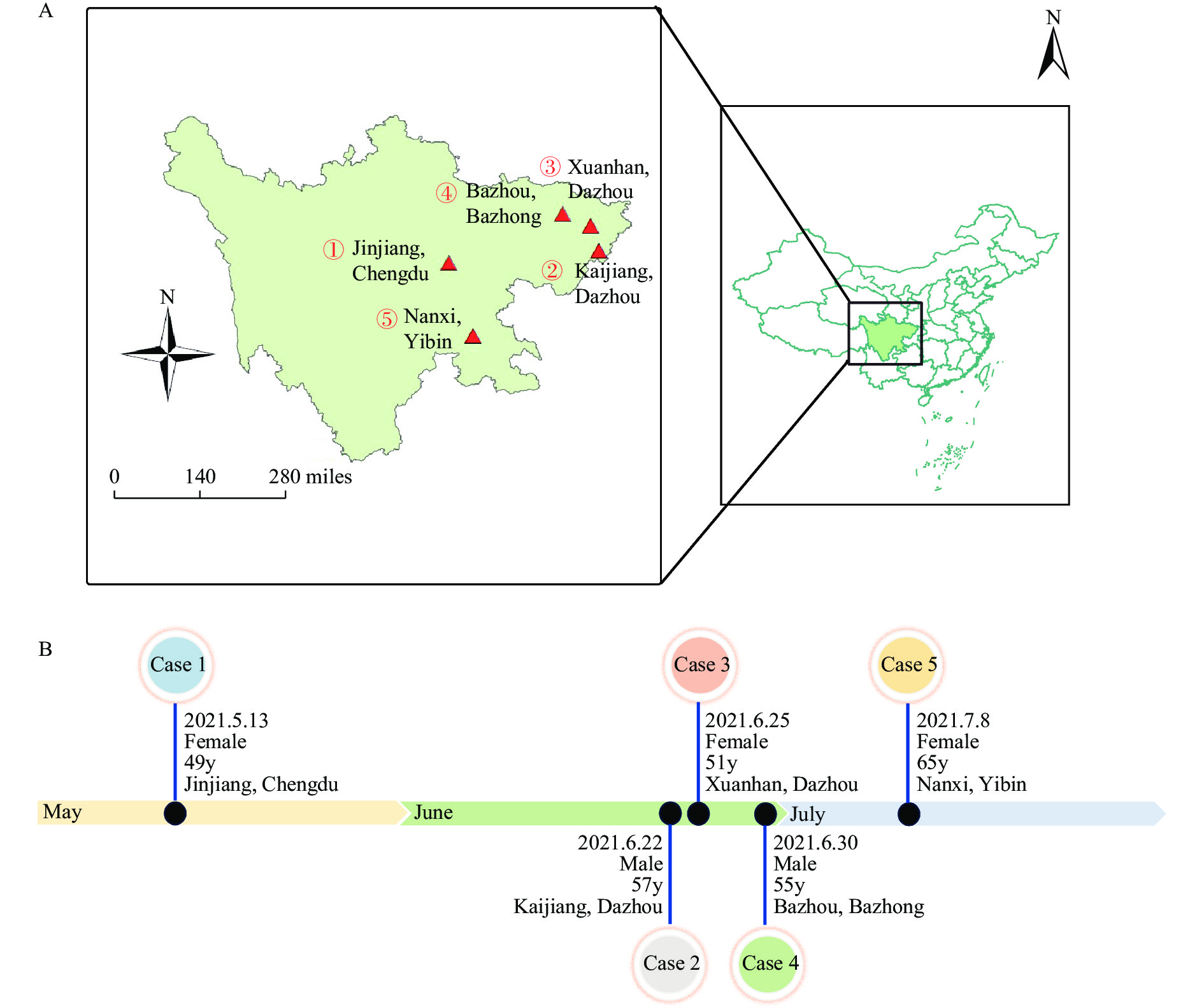2021 Vol. 3, No. 36
The emerging H5Ny lineages of the avian influenza virus (AIV) with genomic reassortments have posed a continuous threat to animals and human beings. Since the first case of avian influenza A (H5N6) virus infection in 2014, the World Health Organization has reported a total of 38 cases by August 6, 2021.
A total of 5 new cases of H5N6 that occurred from May 2021 to July 2021 in Sichuan Province, China were reported in this study. Epidemiological and laboratory information of the five cases were investigated. The genomic analysis of the H5N6 genomes showed the features of AIV genomic reassortments and key residue substitutions.
The emergence of human cases infected by AIV H5Ny lineages through time demonstrates a risk of the persistence and evolution of the virus to trigger sporadic outbreaks and even pandemics, which need continuous surveillance.
Little is known about gender differences in health, family, and socioeconomics among oldest-old in China,
This study aims to fill this knowledge gap through analyzing gender differences in familial status, socioeconomics, functional capacities, and self-reported wellbeing using the 1998, 2008–2009, and 2017–2018 waves of the Chinese Longitudinal Healthy Longevity Survey. We found that compared with the male oldest-old, the female oldest-old are seriously disadvantaged in familial status, socioeconomics, and capacities of activities of daily living, physical performances, cognitive function, and self-reported wellbeing.
We discussed possible contributing reasons for our findings and strongly suggest that the female oldest-old should be prioritized higher.
Infectious disease surveillance has long been a challenge for low-income countries like Sierra Leone. Traditional approaches based on paper and Short Message Service (SMS) were subject to severe delays in obtaining, transmitting, and analyzing information.
During the China aid operation for fighting Ebola since the end of 2014, a mobile electronic surveillance system for infectious diseases (MESSID) was developed in collaboration with the Republic of Sierra Leone Armed Forces (RSLAF), which comprised an Android-based reporting system and a complementary web-based program designed by Active Server Page.NET (ASP.NET) with the main functions including surveillance, real-time reporting, and risk assessment of infectious diseases.
MESSID was successfully registered in June 2016 and had been used by all medical and health institutions in RSLAF. From June 1, 2016 to July 5, 2021, 34,419 cases were diagnosed with 47 infectious diseases of 5 categories, with a total of 42 clinical symptoms. Compared to traditional approaches based on paper and SMS, the MESSID showed flexibility, high efficiency, convenience, and acceptability.
MESSID is an accessible tool for surveillance of infectious diseases in Sierra Leone and possibly in other African countries with similar needs, capable of improving timeliness of disease reporting, thus rendering a timely outbreak detection and response.



 Subscribe for E-mail Alerts
Subscribe for E-mail Alerts CCDC Weekly RSS Feed
CCDC Weekly RSS Feed

